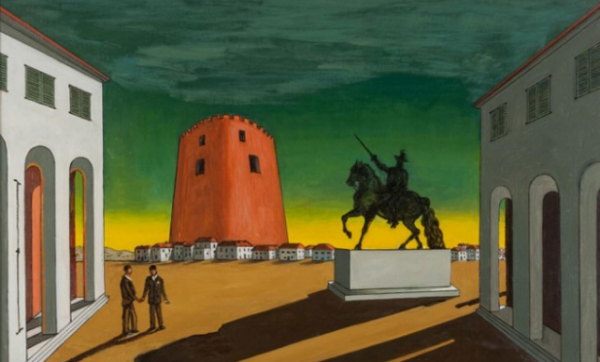Janis Joplin died fifty years ago, and she is often remembered as the poster child of the counterculture. Yet, her values did not fully mesh with the counterculture ethos. Whether or not Janis deserves to be the icon of the counterculture depends on how the counterculture is remembered.
Read moreScience Books for Laypeople
This is a list of popular science books for people who want to learn more about science but do not have a background in it. In an age where misinformation abounds, scientific literacy is important, but it can be daunting if one does not have any formal education or training in science or technology. This list does not focus on the philosophy of science, as that would be a very different list and much longer. Instead, this compilation just deals with books that discuss the actual science without too much technical or academic jargon. This list should provide some enjoyable and readable texts to fill in those gaps for the regular person who wishes to learn more about our universe and how it works.
Read moreRevolutionary Reels: Soviet Propaganda Film and the Russian Revolution
From the 1917 Revolution to the death of Stalin in 1953, Soviet film propaganda evolved in both substance and form to reflect the changing political goals of the party. Soviet film propaganda, like the Communist Party that controlled it, went through three major periods during those years: the Revolution through the end of the New Economic Policy, Stalinization and modernization, and the Great Patriotic War years. To achieve their political goals, the Communist Party focused preserving the ideals of the Revolution, justifying Bolshevik leadership, uniting the people, promoting the politics of the cultural revolution, and justifying Stalin’s leadership and methods. Through the vivid power of film, great filmmakers promoted the changing policies of the Communist Party to audiences across Russia and throughout the world.
Read moreTwentieth-Century U.S. Cultural, Intellectual, Social, and Political Reading List
This list includes the books I am reading for comprehensive exams for my Ph.D. in twentieth-century U.S. history. My three fields are cultural and intellectual history, social and political history, and film history. Since these fields overlap with each other, I have organized the list into rough thematic and chronological categories. Essentially, this list should broadly cover the ideas, music, art, politics, and social movements within the U.S. during the twentieth century.
Read moreA Fight on Two Fronts: On Jean-Luc Godard’s “La Chinoise”
Godard's La Chinoise follows a group of communist students as they plan for revolutionary action and create a “socialist theater.” Godard drew heavily from German playwright Bertolt Brecht’s theory of “dialectical theater,” a method of political theater that forces the audience to engage with the ideas presented to them. At the same time, Godard drew upon the teachings of Chinese communist leader Mao Tse-Tung, whose ideas were discussed closely among French intellectuals during the 1960s. By merging Brechtian concepts with Maoist ideas, Godard sought to turn film into a revolutionary art form, and this goal is most fully realized in La Chinoise.
Read more